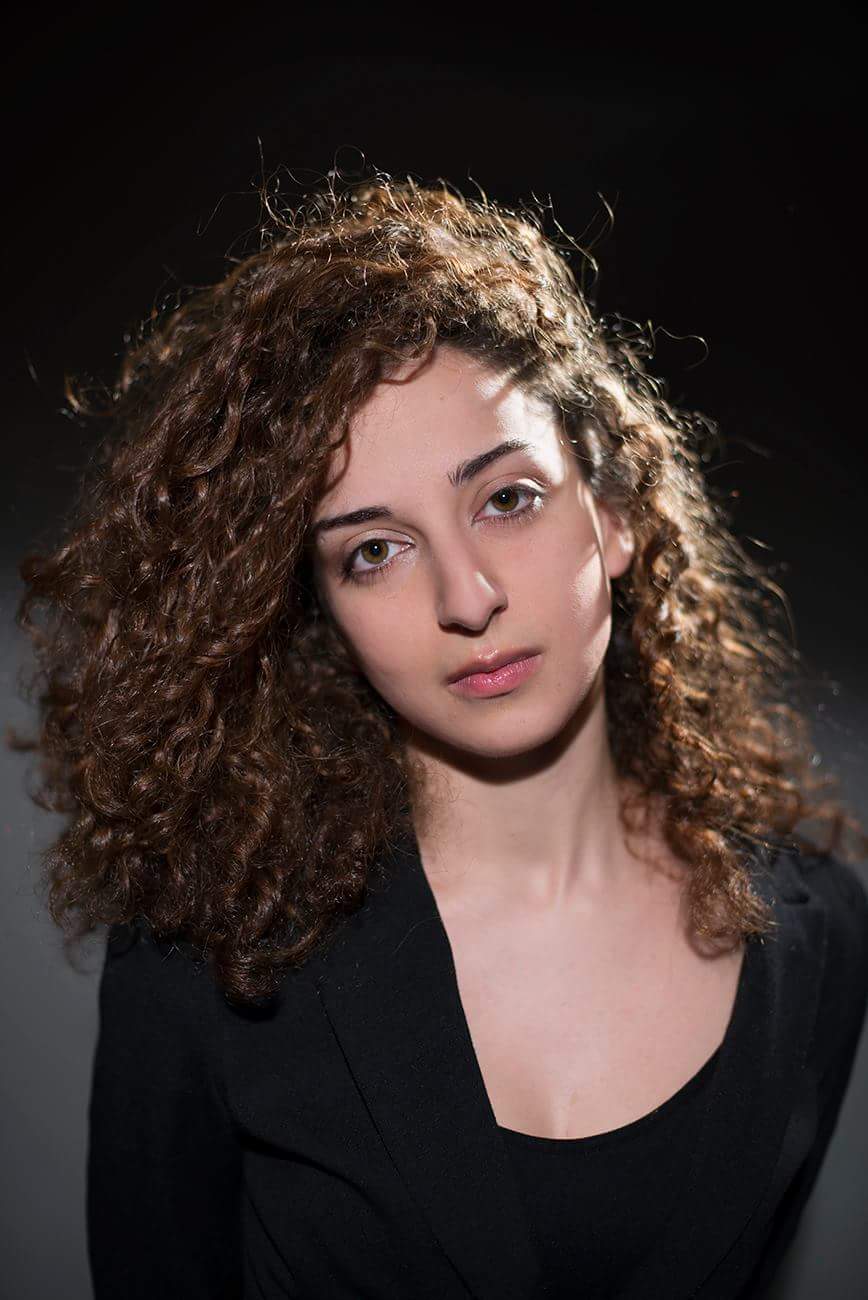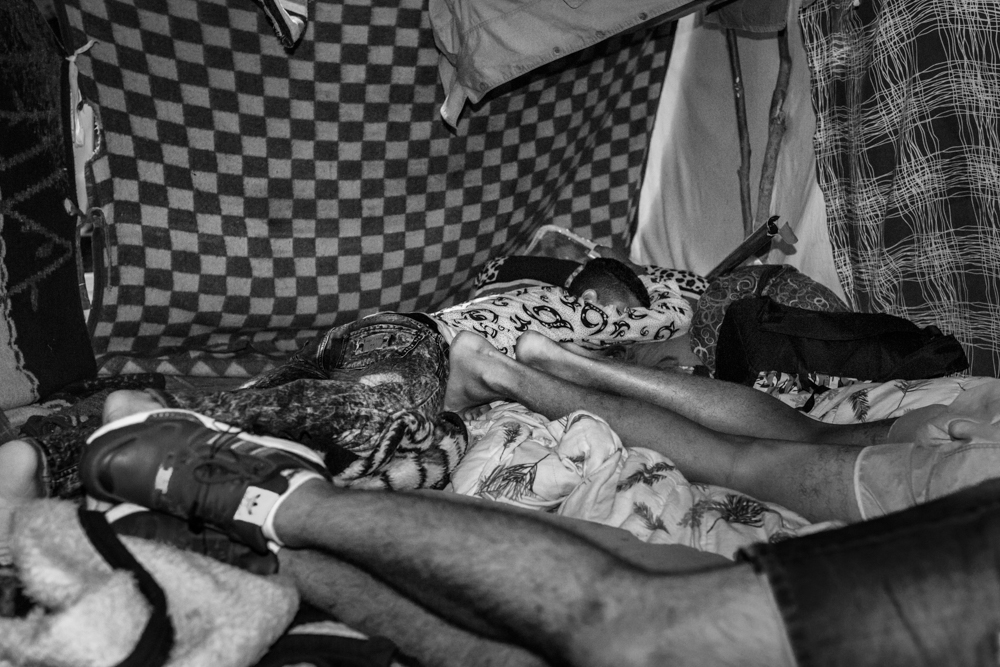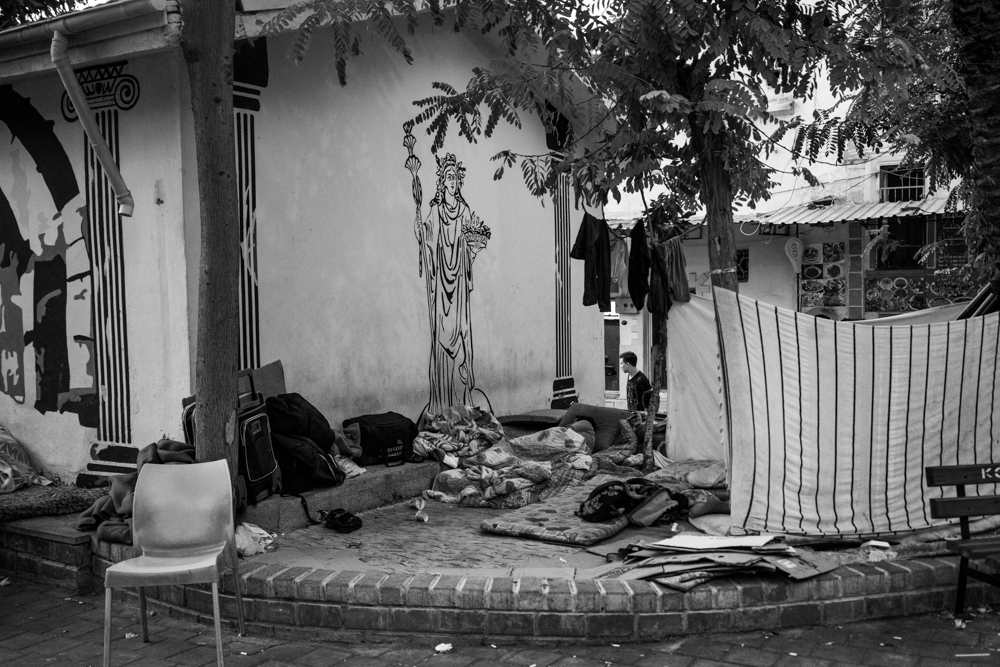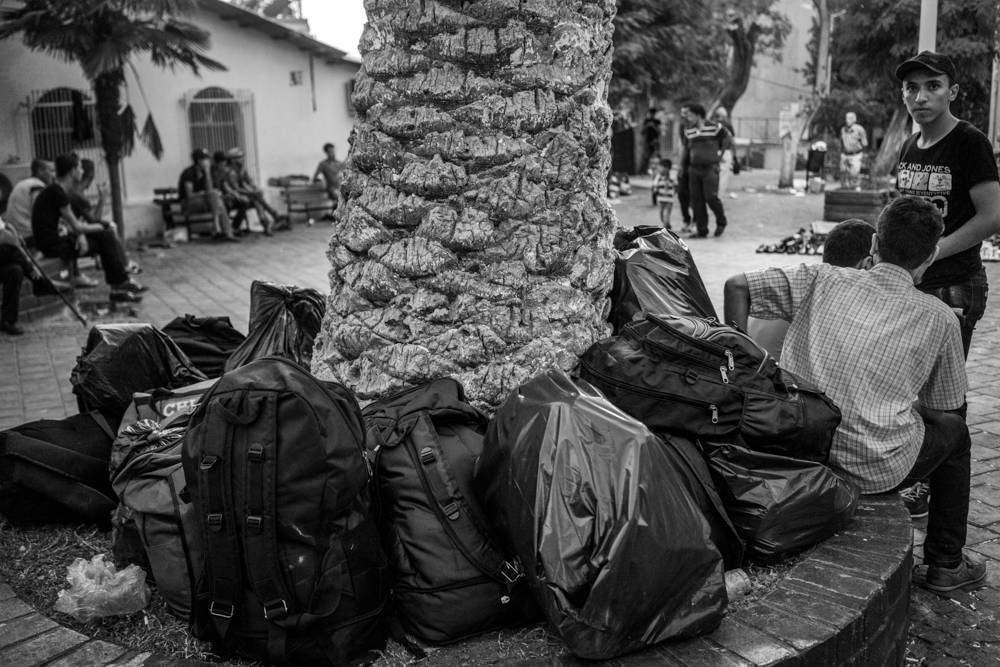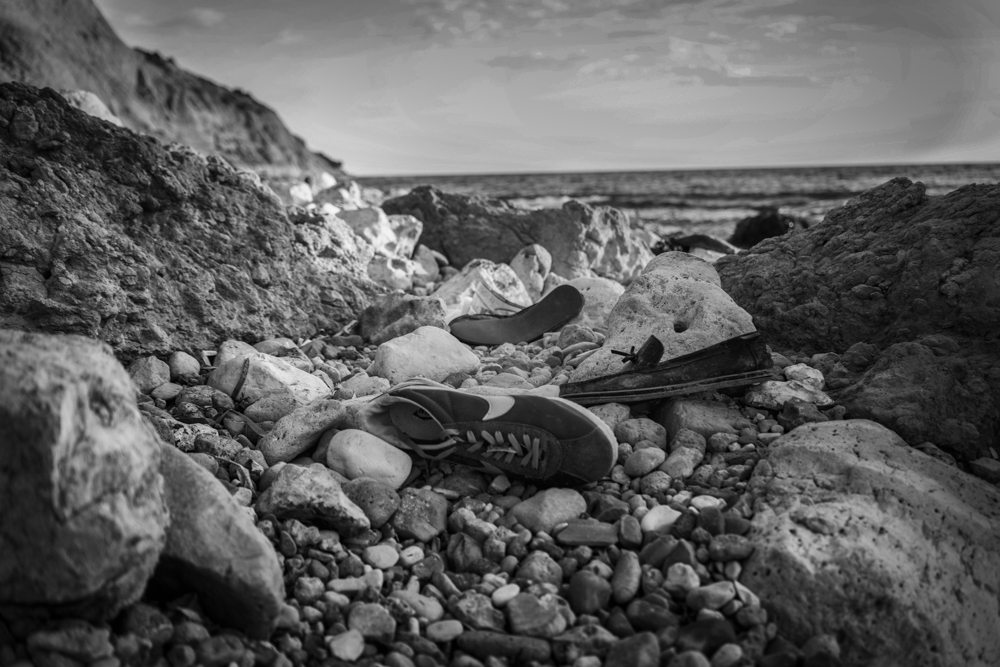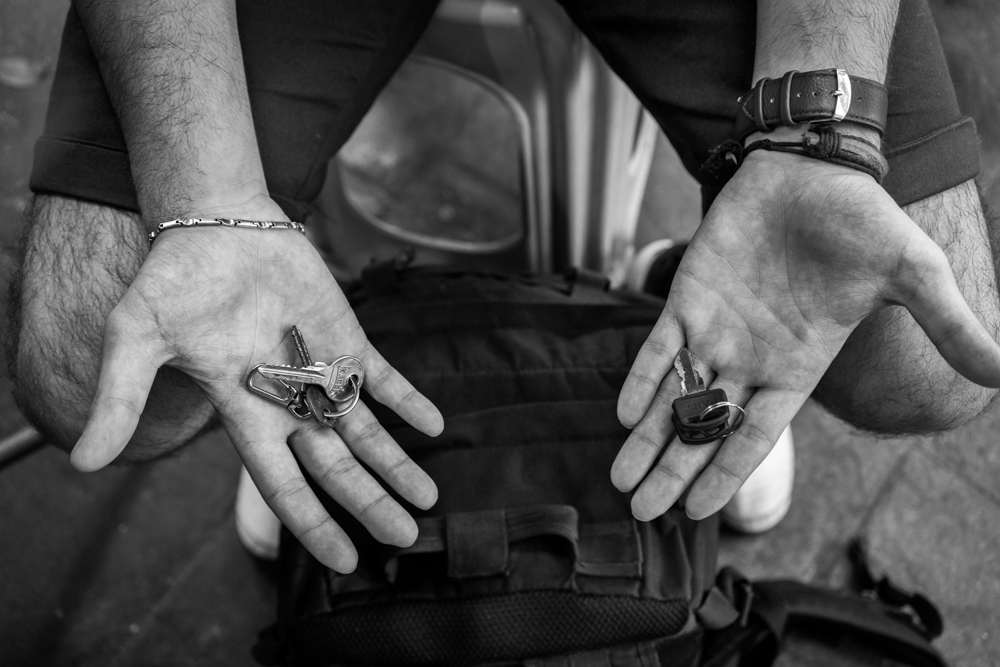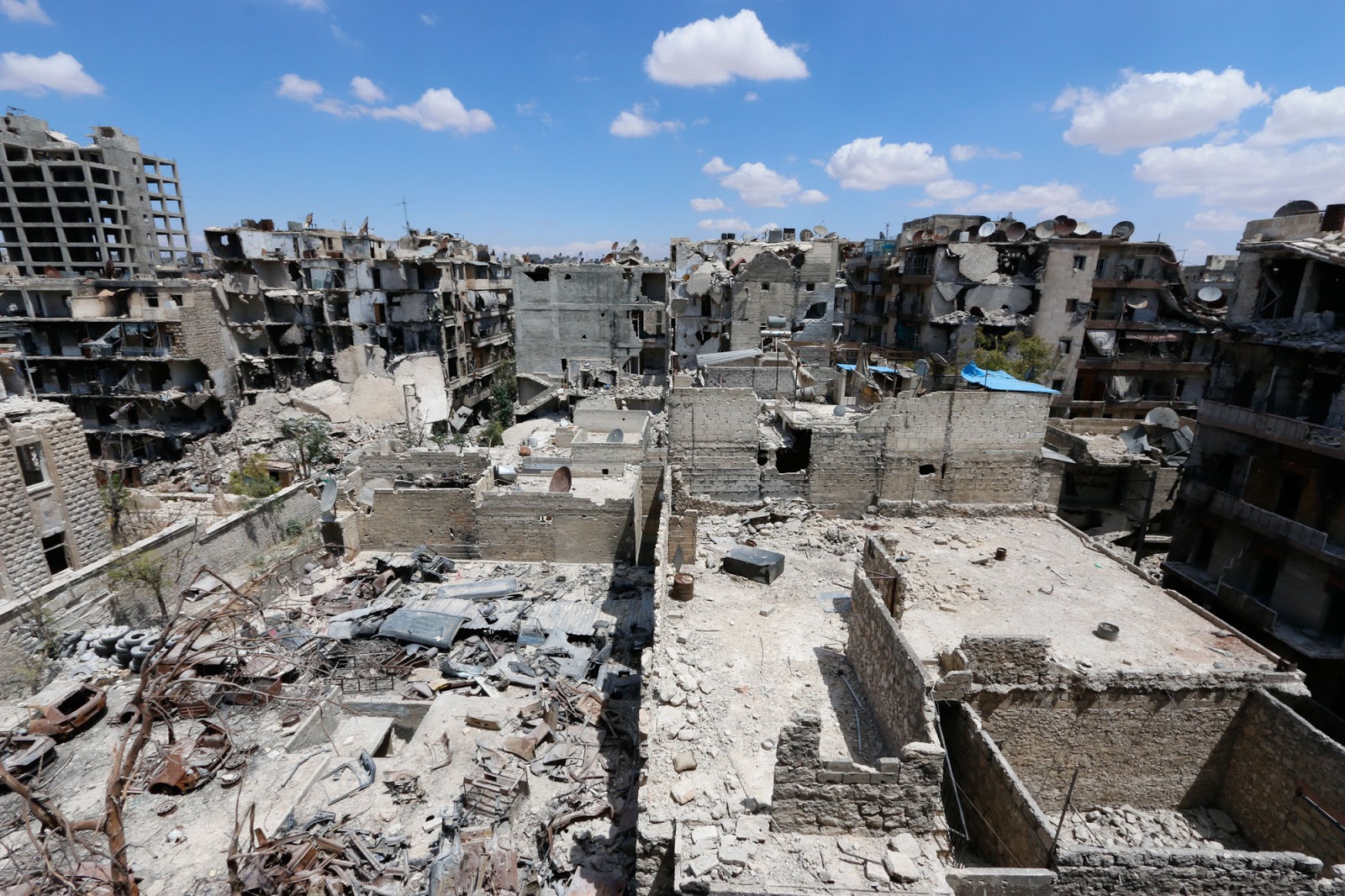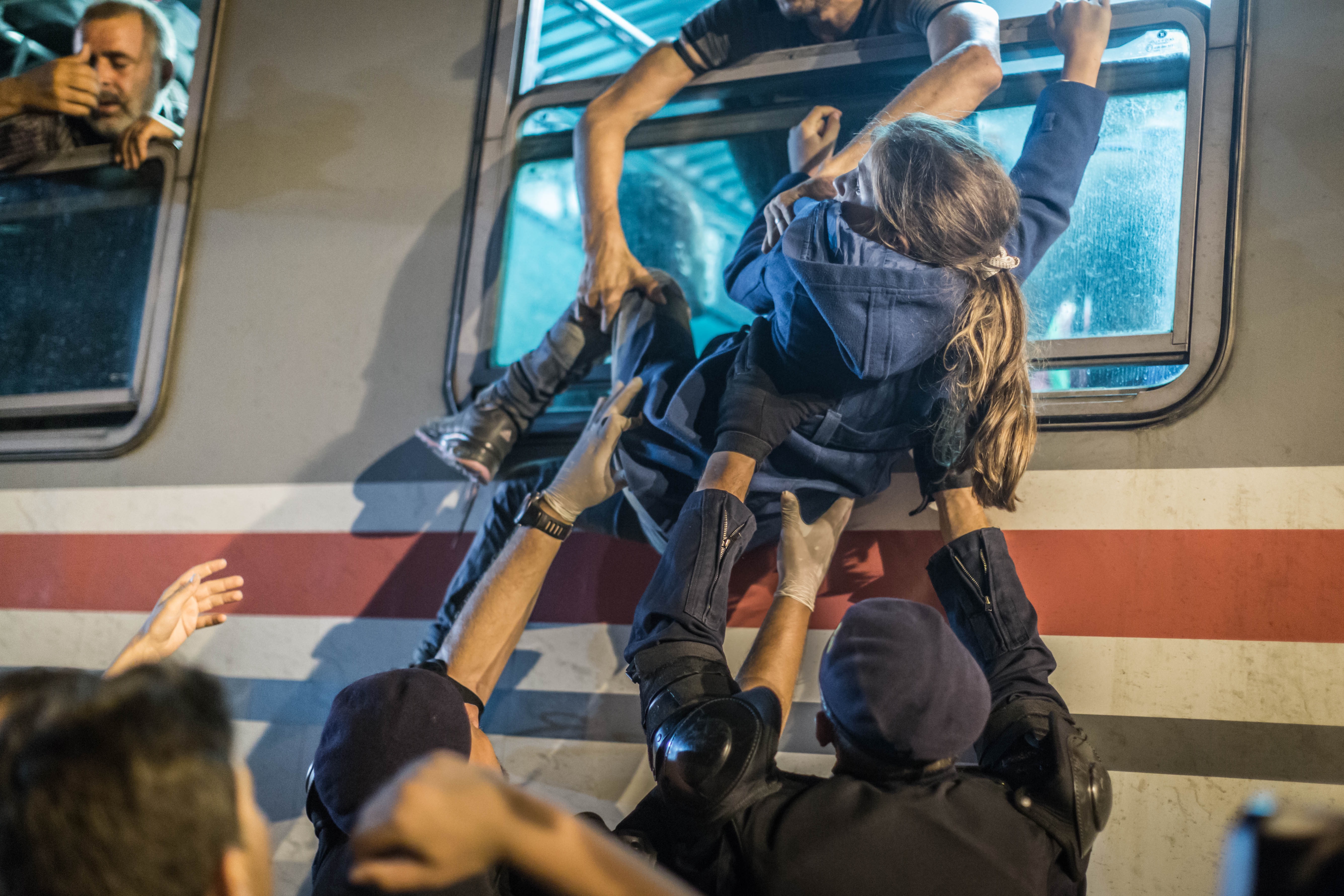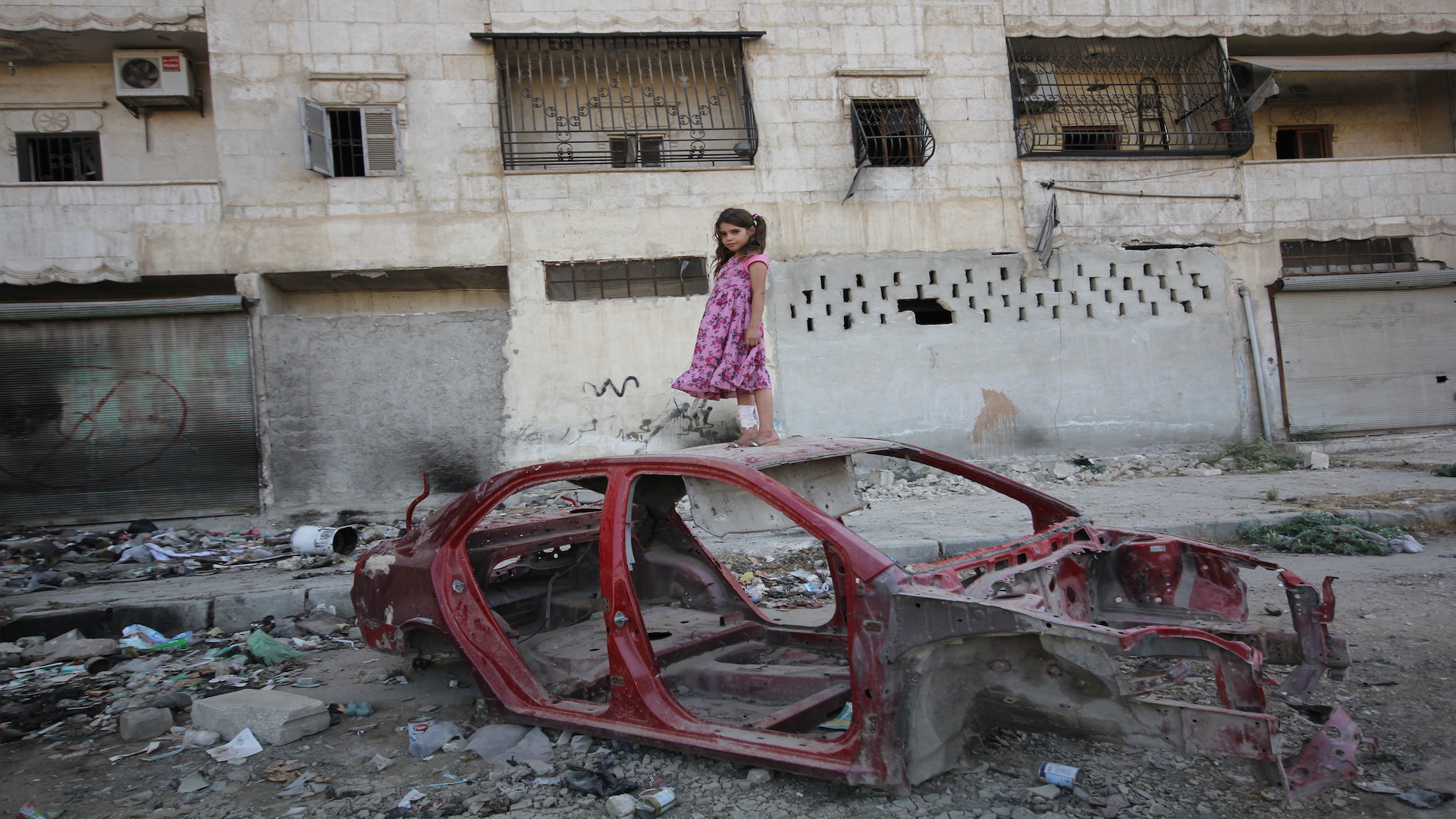This article is part of SyriaInFocus, a series on Syrian photography funded by the Friedrich Naumann Foundation for Freedom, with guest editor Sima Diab.
In 2015, I was completing a yearlong program at the International Center of Photography (ICP) in New York. I was in the United States on a temporary student visa for the academic year. "Of course I am coming back! This is not my country," I always told myself and my Syrian friends when they asked what my plans were for the future.
That summer, a single picture captured the world’s attention: the bloated body of three-year-old Alan Kurdi, washed up on a Turkish beach.
A few days later, I landed in Istanbul with my friend, a photographer from Colombia and a fellow student at ICP. We spent the next 20 days shuttling between Izmir, Bodrum and Istanbul. I interviewed people who had sold every piece of jewelry and furniture they owned, just to pay for a space on an overcrowded rubber boat that would carry them to a new country, where they could start over. I wanted to go deeper than the coverage I’d seen and show that this "refugee crisis" was political. The apolitical coverage would not bring justice. I wanted to show that we were not just numbers, we were not an impoverished nation that was hungry. But we were hungry for a sense of justice and freedom from tyranny, and this uprising was indeed political. We didn’t need pity; we wanted respect.
People’s reasons for fleeing Syria varied. The majority of them fled atrocities perpetrated by the Syrian government, while others fled mandatory military service. Some were even fleeing Turkey, their first place of refuge. Two million refugees lived there by 2015, yet Turkey wouldn’t even classify Syrians as “refugees.” Syrians were "visitors" and were expected to go back home.
The lucky ones were those who reached a western European country to start over. Others sank into the Mediterranean Sea. Their blue, bloated bodies washed up at beach resorts across Turkey and Greece. Entire families—a newborn baby, a newly married couple—were reduced to numbers for daily presidential briefs or photographs to be used in human rights reports.
It was early October when I walked up and down the shores of Bodrum, the same shores where Alan Kurdi took some of his last breaths. On the stretch where he was found, I left my friend behind and sat on a wet rock. I flipped through notebooks that washed up on the beach and sorted through clothes, shoes and toys. These were the last items, ones filled with memories, that had to be discarded before their owners set out to the sea. There was no space for luggage. Entire lives were left behind in the hopes of reaching new ones.
This was the moment my own reality became clear. If a mother is willing to risk her own child’s life to cross this body of water, to reach safe new land, it must mean Syria has become unlivable. It wouldn’t matter what I told myself and what I told others when asked about seeking asylum in the United States, and the rooted belief that I, somehow, someday, would go back to Syria. The reality is I am not going back. There is nothing to go back to. Syria is gone.


